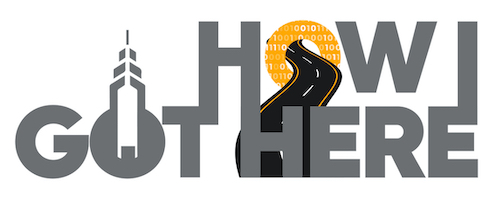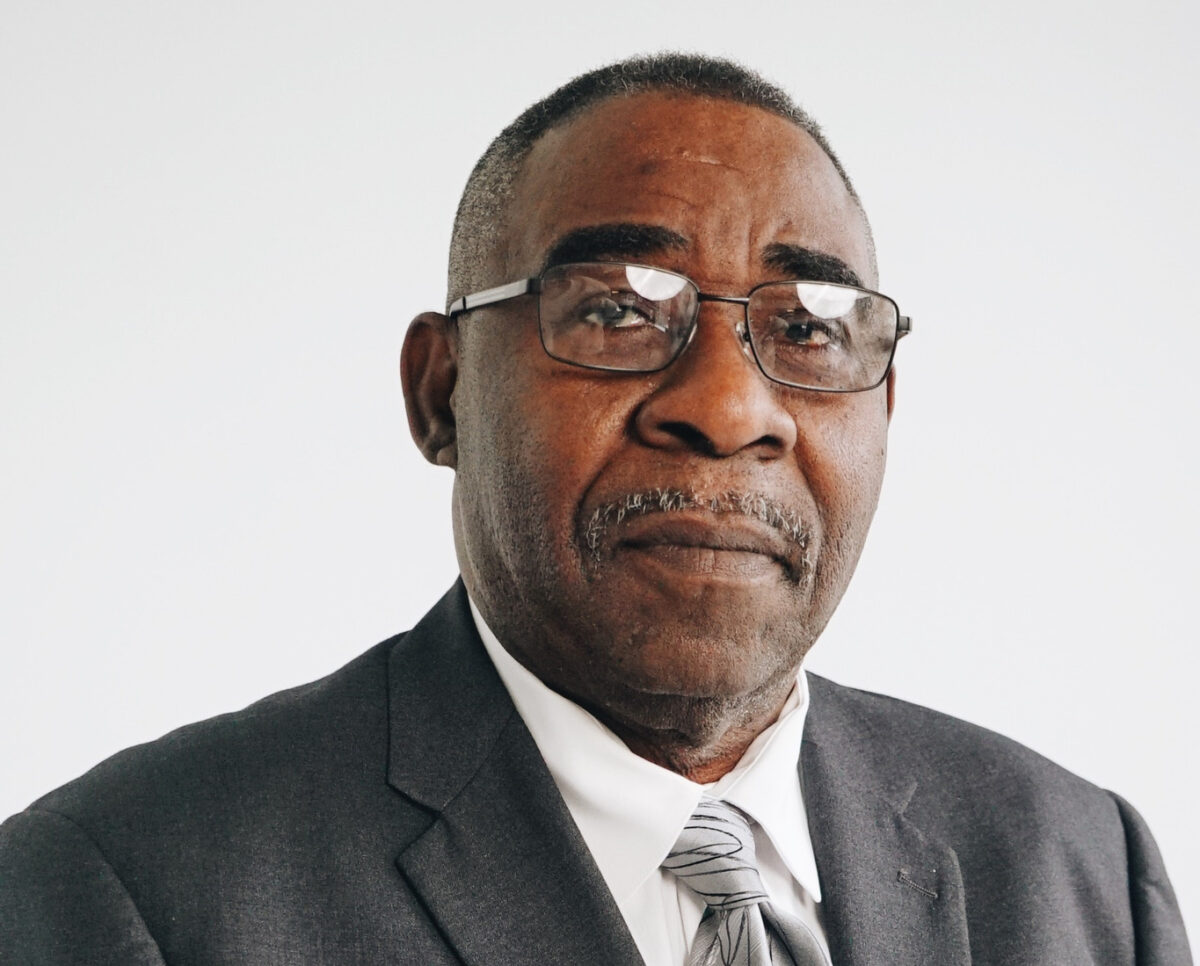The founder of the Bear, Delaware-based company SIVAD has gone from launching a pandemic startup focusing on personal protective equipment and medical supplies to providing McDonald’s with more than a million COVID-19 tests to running an internationally reaching company that develops and distributes lifesaving rapid tests beyond the realm of the coronavirus.
At 70, Davis, who runs SIVAD with two of his sons, has more than a little experience as an entrepreneur, with lessons learned from roles going back to the early ‘70s that have weaved their way into SIVAD’s high-impact work.
Because of Davis’ connections, SIVAD was able to establish relationships that otherwise might have taken a young company five or 10 years to build. Before long, they’d partnered with companies in the rapid test industry and set out to provide rapid sickle cell testing in remote regions of Nigeria.
Back in Delaware, Lt. Gov. Bethany Hall-Long was impressed. She called on the company to help the state, and by extension the nation as a whole, fight drug overdoses by developing a test strip that can identify if illegally purchased drugs are laced with fentanyl or the animal tranquilizer xylazine. Working with the same partner they worked with in Nigeria, SIVAD was able to do it, and they now have an eye on making a major impact on state and federal harm reduction programs.
Technical.ly sat down with Davis to talk working in Africa, business education and advice for impact-minded founders for our How I Got Here series. This Q&A has been edited for length and clarity.
What would you say was the beginning of your entrepreneurial journey?
I’m originally from South Carolina, a town called Marion. My family moved to South Jersey when I was about 9 — Ocean City, New Jersey. That’s kind of where I grew up.
In the early ‘70s, I went to New York to truly become an actor, study modern jazz, ballet dancing, creative dancing. I joined a dance company there for a couple of years, and then got into working with a pretty large company in Manhattan and worked there for quite a few years.
From there, I built a couple of companies that made anywhere from about $30 to $50 million a year. From there I started to work in Africa.
What initially brought you to Africa?
I used to travel back and forth to New York, and I would take this cab every day. And there was this African that was driving this cab and we just started talking. He said, “Can you help my country?”
I was like, “I don’t know.” [Laughs]
I convinced some friends: “Let’s go to Africa.”
“Are you crazy?”
But they agreed to go and we got some engineers from Morocco, a friend of mine from Paris who was pretty well known over there, he helped pull this team together. We went there and we tried. And we were working in a city called Conakry [in the Republic of Guinea]. We were able to stay about two years over there trying to work with the country to build houses and roads and infrastructure. As far as their sewage system, it was pretty bad. I don’t know how I did it.
We spent a lot of money, a lot of time. Unfortunately, the structure there and politics was a little difficult. So we just decided that we probably have to deal with this another time. So when we were asked to go back to Africa in 2022, it was because I had some experience so I was kind of understanding how the system works over there.
As a lifelong entrepreneur, did you ever study business?
I didn’t study business. I was very fortunate to have people at an early age — you know, I was one of those guys, if I didn’t know something [I’d say] “OK, how do I learn this? And because I was willing to work hard, people would say, “OK then, I’m gonna help you if you really want to work, if you want to learn. It’s going to be hard, but if you are willing to learn, we’ll teach you.”
I remember my first sales job in Manhattan. I was maybe 19, 20 years old. And my brother had partnered with these guys in Manhattan and they started this company. And so I started out as a technician, you know, fixing copiers. I didn’t know what I was doing. So after doing that, I’m not a technical person like that, so I’m like, “I don’t want to do this.” But I asked about sales. And they said, “OK, well, you could do it.”
And the funny part about it is that there were these guys coming out of Yale and Harvard that were being hired. I was competing against these guys, and I truly did not have nowhere near the knowledge that these guys have or that type of training. But I would work harder. … Back then, you know, they wouldn’t beat you up for soliciting and knocking on doors. I used to walk in, take trains up and down Manhattan, Wall Street. Most guys would stop at 5 o’clock. I would work to 6, 7, 8 o’clock at night, still knocking on doors. I met a lot of people who appreciated the fact that I would work longer and harder, and I would just ask a lot of questions. “Hey, how did you do this? So, why are you doing this? Does this make sense? Don’t make sense to me. I don’t understand.” You know, then you will read stuff and you work harder, read and work harder. And that’s pretty much what I did.
I did have good people try and train me and give me more knowledge. But you know, they definitely wanted me to work for it.
What advice would you give to someone who wants to start a high-impact company?
Well, my advice to anyone is you have to, first, dream. You have to believe in your dream. But I was always taught, work without faith is nothing. You have to work. You have to have faith, you have to believe in yourself. And you have to be willing to listen, you have to be willing to want to learn, and there’s nothing that you can’t accomplish with, most of all having faith in God. But, you know, definitely be willing to work and willing to listen, and you can accomplish anything.
Anybody who wants to take this route — it’s hard work, but it’s worth it. Just [maintain] patience and guidance and respect for people. I think that’s the most important, that you don’t take people for granted.
I think education is important, but education, not going to college should not stop you from becoming a billionaire if that’s what you want.

This is How I Got Here, a series where we chart the career journeys of technologists. Want to tell your story? Get in touch.
Before you go...
Please consider supporting Technical.ly to keep our independent journalism strong. Unlike most business-focused media outlets, we don’t have a paywall. Instead, we count on your personal and organizational support.
Join our growing Slack community
Join 5,000 tech professionals and entrepreneurs in our community Slack today!

The person charged in the UnitedHealthcare CEO shooting had a ton of tech connections

From rejection to innovation: How I built a tool to beat AI hiring algorithms at their own game

Where are the country’s most vibrant tech and startup communities?



